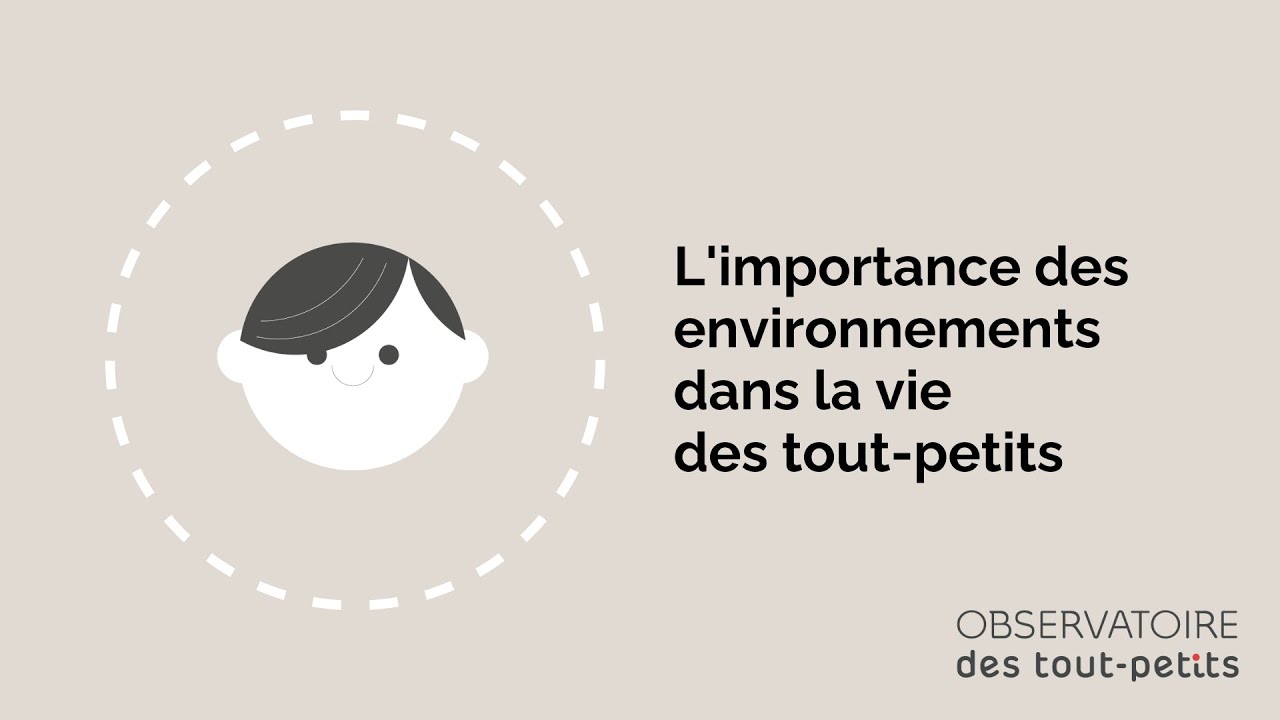


The various environments in which a small child grows all have a great influence in their development and can even impact their life and the adult they become.
Here is an overview that looks at the characteristics of the various environments that children aged 0-5 years old grow up in (family setting, residence, daycare services).
Download the North Shore portrait (French only)
Download the Quebec portrait (English version)
For more information, visit the Observatoire des tout-petits website : https://tout-petits.org/publications/portraits/portrait-environnements-2024/
Why are the environments in which little ones grow up so important?
***French only

For policymakers
Inspiring solutions
A lot of promising, documented or evaluated projects, measures and public policies exist.
Find initiatives from everywhere in Québec in the provincial portrait:
Download the Quebec portrait (English version)
Orientations (taken from the overview) for you to consider.
Take effective action to contribute to the improvement of the three types of environment:
1 · The family setting
The family setting includes:
This environment has a significant influence on the development of young children. Family is the first and main source of experiences the child is exposed to.
Three factors have a particular impact on young children’s development, health and well-being:
Ideas for taking action
2 · The physical environment
The neighbourhood where young children live, play and make relationships has a great influence on their development and their well-being. And the same is true for the house or apartment they live in. The quality of the physical spaces a child has access to (sports fields, libraries, etc.) also gives them the opportunity to explore and learn.
Ideas for taking action
3 · Educational childcare services
Educational childcare services play a complementary role to that of parents. Their quality can impact the cognitive, motor, language and socioaffective development of young children.
Ideas for taking action
